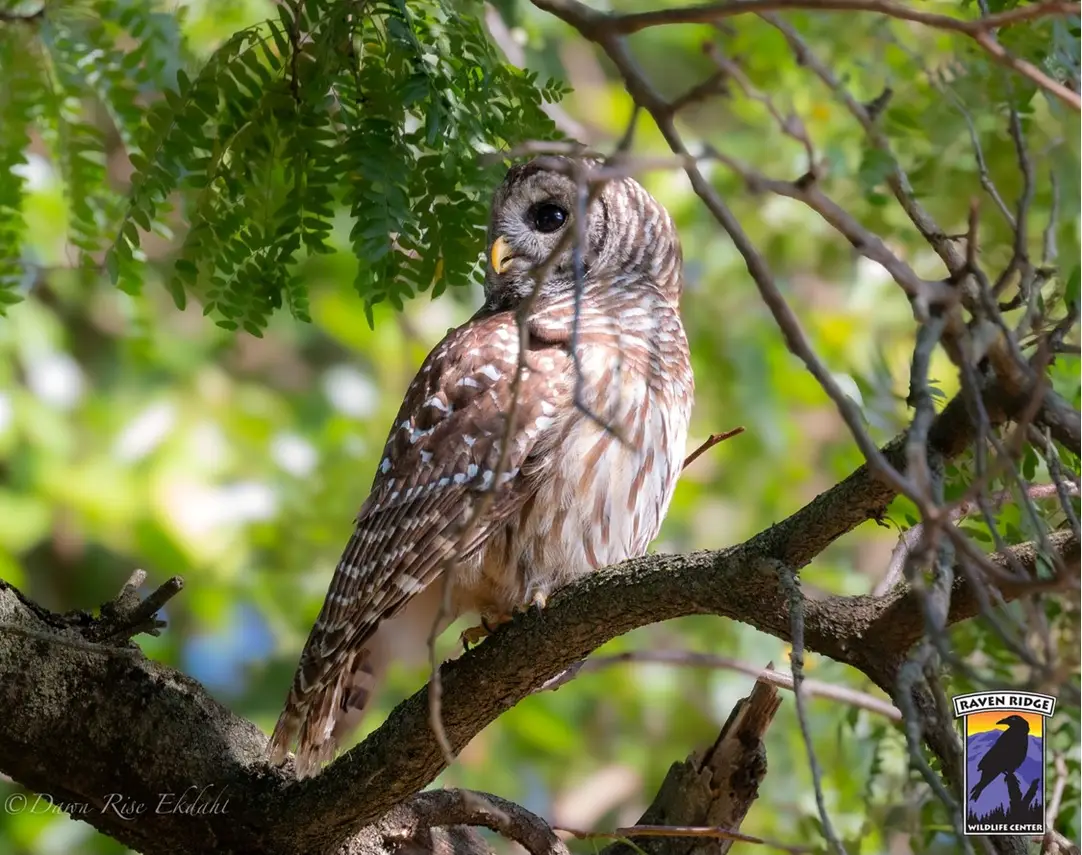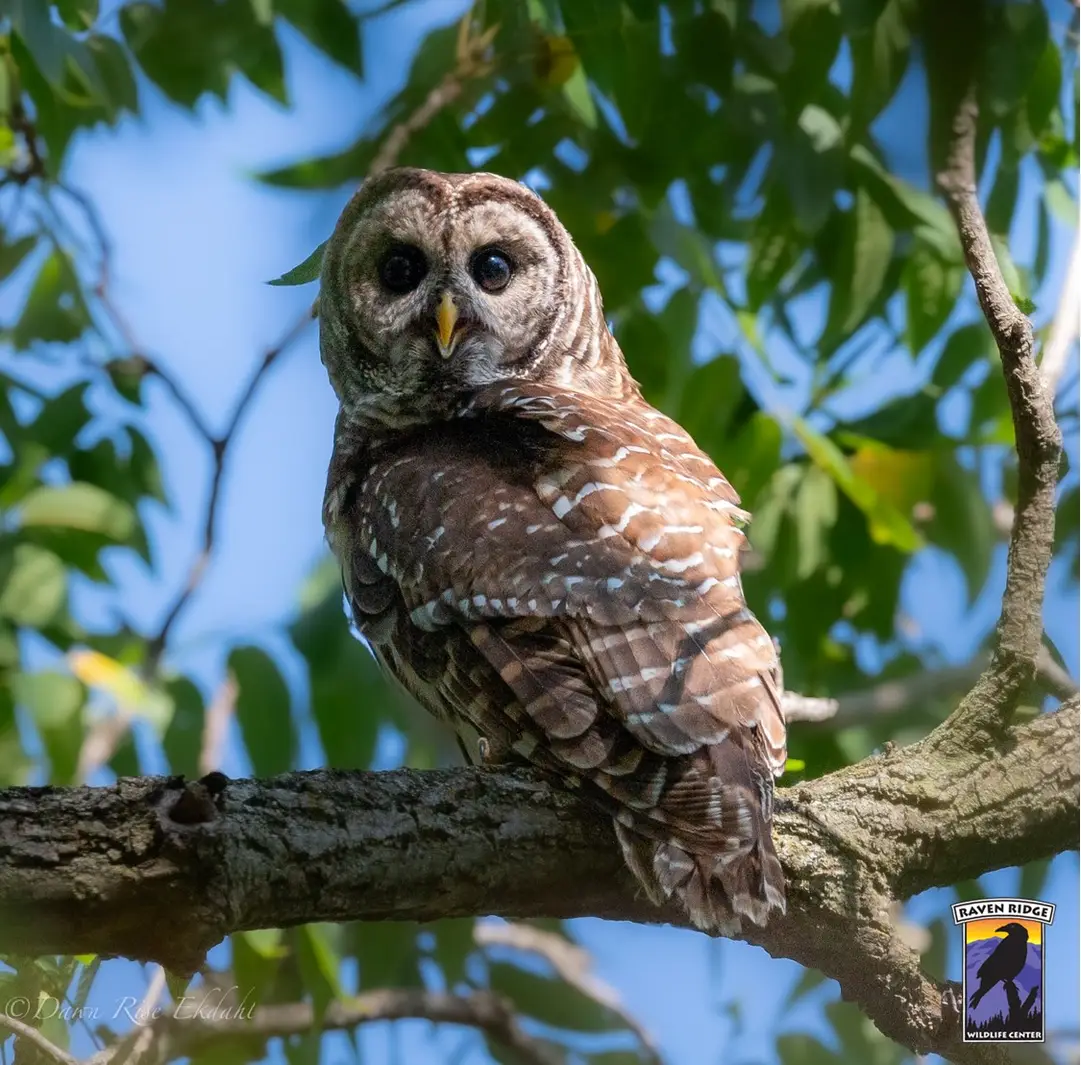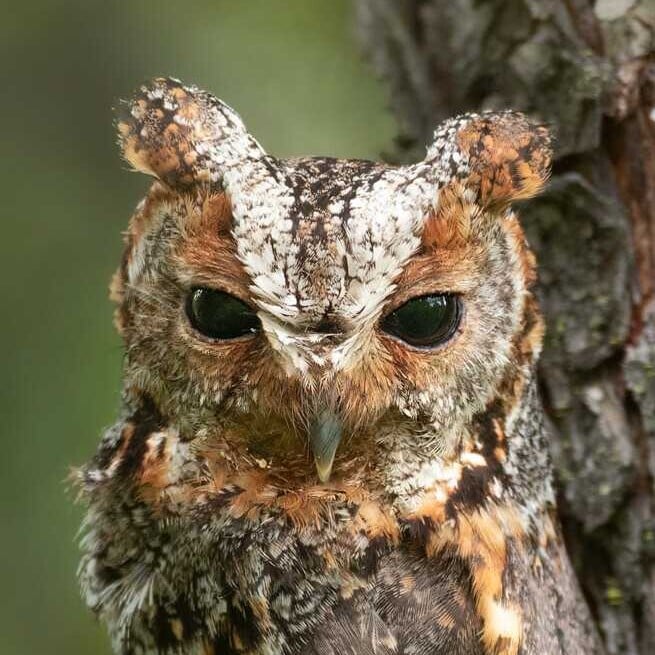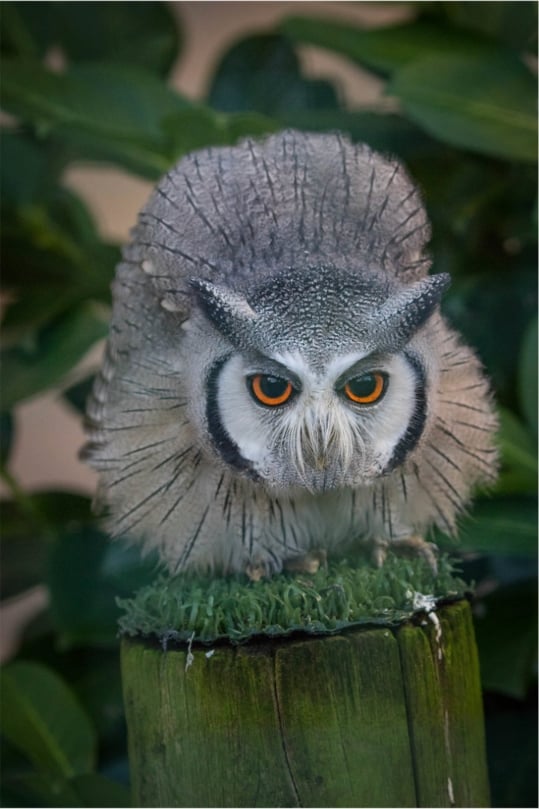From Raven Ridge Wildlife Center
We are incredibly thankful for John and Jamie, who went out of their way to bring us a Barred Owl from Newville on a Sunday evening. They found the owl struggling to fly and walking across the road, and acted quickly to bring it to us.
Upon examination, we discovered that the owl was severely dehydrated and underweight. It took days of intensive fluid therapy and hand-feedings for him to regain strength. After over a month of dedicated rehabilitation, this beautiful Barred Owl soared once more.
This time of year is crucial for young owl is as they struggle to acquire the necessary hunting skills for survival. If you find a bird of prey on the ground for a prolonged period or unable to fly, please reach out to us or the nearest Federally licensed rehabilitation center for assistance.



absolutely gorgeous photos and a wonderful story to boot! thank you!
I’m glad you enjoyed it!
It’s always a pleasure to share these success stories with you all.
Is there a list of ‘federally licensed rehabilitation centers’ somewhere? I’m just thinking if I found an injured owl I wouldn’t really know what to do.
For the US, the best resource I’ve found is Animal Help Now.
They recommend the International Wildlife Rehab Council for the rest of the world and WIRES for Australia. Sorry, Australia, I couldn’t think of a better way to phrase that, I’m not feeling well today. I count you as part of the rest of the world!
It’s a tough job keeping up to date info. Many of these places are remote for the animals’ sake, or even 1 or 2 person operations out of a home and aren’t public per se. AHN recommends if there isn’t a quick contact, to contact a vet to see if they can stabilize an animal until a proper person can be contacted.
I also look on the individual states’ Game Commission sites for lists of licensed rehabbers, though the quality of those results naturally varies by state.
This link has some handy flowcharts on what to do if you find a X and think something is wrong with it.
Thank you!
Of course! I’ve been meaning to get something put in the sidebar for this at some point.


